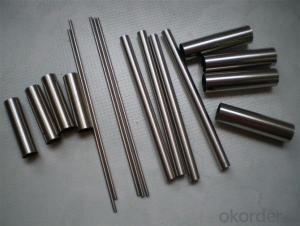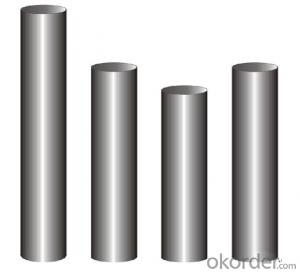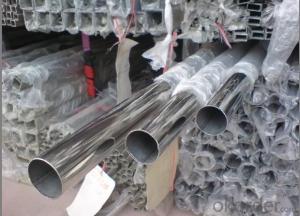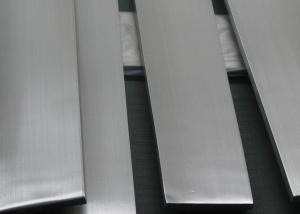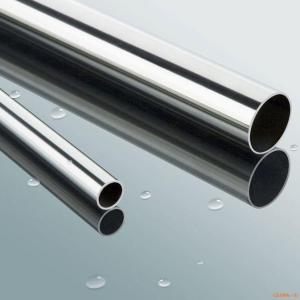Thick Wall Large Stock Fast Delivery Seamless Steel Pipe
- Loading Port:
- Shanghai
- Payment Terms:
- TT OR LC
- Min Order Qty:
- 1000 kg
- Supply Capability:
- 10000 kg/month
OKorder Service Pledge
OKorder Financial Service
You Might Also Like
applications of carbon steel pipe :
(1).Construction: Hall Structure, Sea Trestle, Airport Structure, Shipbuilding, Security Door
Frames, Garage Doors, Strengthening Liners of Steel Doors and Windows, Indoor Partition
Walls, Cable Bridge Structures and Expressway Safety Guards, Balustrade, Decorating,
Residential, Ornamental Pipes
(2).Automotive Parts: Motorcar Case, Car and Bus Manufacture, Vehicles
(3).Agriculture: Agricultural Equipment
(4).Industry:Machinery,Solar Stent, Offshore Oil Field, Mine Equipment, Electromechanical
Hardware, , heavy engineering, Mining and Resources, Process Engineering, Materials Handling, Mechanical Parts
(5).Traffic: Walking Rails, Roll-up Doors, Guardrail, Plaza Structure, Signage, Road Furniture,
Fencing
(6).Scaffolding Tube: Material Storage Racks, Pallets, Hydraulic Platforms, Trusses, Columns,
Purlins, Greenhouse Stands Towers
(7).Other: Sports Apparatus, Leisure Equipment, Furniture, School Furniture
ASTM A335 Seamless Alloy-Steel Pipe
Standard: BS 1139, BS 3059-2, JIS G3454-2007
Grade: 10#-45#, 15NiCuMoNb5, 10Cr9Mo1VNb
Detailed introduction to ASTM A335 seamless alloy steel pipe:
ASTM A335 seamless alloy steel pipe
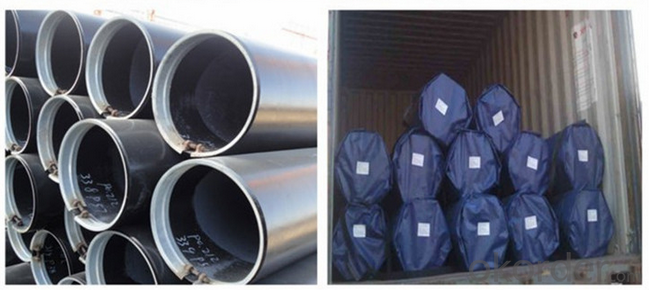
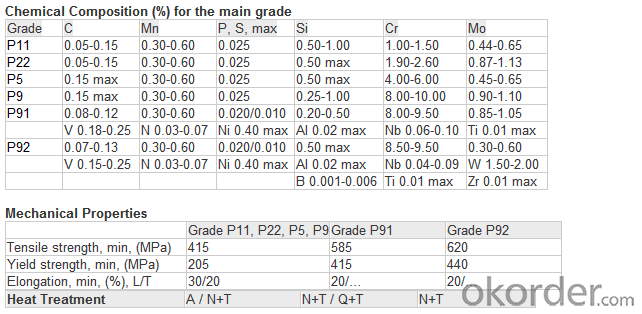
FAQ:
1) why you chose us ?
Professional Manufacturer and supplier of Steel pipe
More than 14 years’ professional producing experience
We can get the lowest ex-factory prices. The price are quite reasonable and it is lower than our commercial peers. also, we can guarantee the qualities of our products.
BV, ISO certificates and SGS test can be provided to assure the quality of our products.
2) Our minimum order quantity:
10 Metric Tons or one 20ft or 40ft Container.
3) How about the Delivery Time?
The steel pipe will be produced since we getting your deposit by T/T or Your original L/C. For normal size, some stocks in our factory now, we can supply once you need.
4)What kind of payment does your company support?
T/T, 100% L/C at sight, Cash, Western Union are all accepted.
5) Do you charge for the samples?
According to our company principle, we just charge for samples, you pay for the freight /courier charge.
6) Main market:
Mid East, South America, Africa, Southeast Asia, India etc
- Q:How do you prevent stress corrosion cracking in stainless steel pipes?
- One way to prevent stress corrosion cracking in stainless steel pipes is to ensure proper material selection. Using stainless steel grades that are resistant to stress corrosion cracking, such as duplex or super duplex stainless steel, can significantly reduce the risk. Additionally, maintaining a suitable environment by controlling temperature, pH levels, and exposure to corrosive substances can also help prevent stress corrosion cracking. Regular inspection and maintenance, including cleaning and passivation, can further enhance the integrity and durability of stainless steel pipes, minimizing the chances of stress corrosion cracking.
- Q:Does stainless steel pipe belong to hardware?
- It belongs to me. Stainless steel pipe belongs to the category of hardware in the steel, and stainless steel pendants, flat iron is more hardware. All belong to steel alloy.
- Q:What is the difference between 17-4PH and 15-5PH stainless steel pipes?
- The chemical composition and mechanical properties are the main factors that distinguish 17-4PH and 15-5PH stainless steel pipes. Regarding 17-4PH stainless steel, it is a precipitation-hardening grade that comprises 17% chromium, 4% nickel, 4% copper, and a small amount of molybdenum. This grade is renowned for its exceptional combination of high strength and resistance to corrosion. Additionally, it can be subjected to heat treatment to achieve varying levels of hardness, making it suitable for diverse applications that necessitate strength and corrosion resistance. On the contrary, 15-5PH stainless steel is also a precipitation-hardening grade but possesses a slightly different composition. It consists of 15% chromium, 5% nickel, and 3-5% copper. This grade offers good strength, toughness, and corrosion resistance, comparable to 17-4PH stainless steel. However, it exhibits a higher level of toughness and better resistance to stress corrosion cracking. In terms of mechanical properties, 17-4PH stainless steel generally exhibits greater strength and hardness compared to 15-5PH stainless steel. It can be subjected to heat treatment to achieve a wide range of hardness levels, including high strength and hardness suitable for demanding applications. On the other hand, 15-5PH stainless steel, although still possessing good strength, typically does not undergo the same extent of heat treatment as 17-4PH. Both 17-4PH and 15-5PH stainless steel pipes find common usage in industries such as aerospace, oil and gas, and chemical processing, where their combination of strength and corrosion resistance proves highly advantageous. The choice between the two grades depends on specific application requirements, with 17-4PH offering greater strength and hardness versatility, while 15-5PH provides better resistance to stress corrosion cracking and improved toughness.
- Q:What's the difference between stainless steel 302 and 304?
- Type 302 - 304 with corrosion resistance, due to the relatively high carbon intensity. Model 304 - general model: 18/8 stainless steel. GB is 0Cr18Ni9. 302 and 304 stainless steel is widely used in curtain walls, side walls, roofs and other building applications. These two, I think, are basically different. The quality and texture are almost the same.
- Q:Can stainless steel pipes be used for chemical processing?
- Yes, stainless steel pipes can be used for chemical processing. Stainless steel has excellent corrosion resistance and high temperature resistance, making it suitable for handling various chemicals and maintaining the integrity of the process.
- Q:Can stainless steel pipes be used for natural gas?
- Yes, stainless steel pipes can be used for natural gas. Stainless steel is highly resistant to corrosion and can withstand the high pressures and temperatures associated with natural gas transmission and distribution. Additionally, stainless steel pipes have excellent fire resistance properties, making them a safe choice for natural gas applications.
- Q:Can stainless steel pipes be buried in soil?
- Yes, stainless steel pipes can be buried in soil. Stainless steel is highly resistant to corrosion and can withstand the harsh conditions of being buried underground, making it a suitable choice for various underground applications such as drainage, sewage, and water supply systems.
- Q:Are stainless steel pipes recyclable?
- Indeed, stainless steel pipes can indeed be recycled. As a remarkably sustainable material, stainless steel possesses the ability to be recycled endlessly without compromising its characteristics. Consequently, stainless steel pipes can be melted and reconfigured into fresh stainless steel goods, rendering them a prized asset within the recycling sector. The recycling procedure for stainless steel pipes encompasses the collection and categorization of the pipes, their subsequent melting in a furnace, and finally their transformation into novel products. The act of recycling stainless steel pipes not only safeguards our natural resources but also diminishes energy consumption and greenhouse gas emissions linked to the manufacturing of new stainless steel.
- Q:Stainless steel welded pipe or seamless pipe expensive?
- From the brand can understand: domestic grade Cr smaller numbers are more expensive, the sum of Cr after the larger the number the more expensive, more expensive Cr symbols and so on. Foreign steel also has some rules: such as the stainless steel, the same series of numbers of bigger, longer, more expensive and more letters.
- Q:Can stainless steel pipes be heat treated?
- Yes, stainless steel pipes can be heat treated. Heat treatment is a process that involves heating the stainless steel pipe to a specific temperature, holding it at that temperature for a certain period of time, and then cooling it down in a controlled manner. This process is typically done to alter the mechanical properties of the stainless steel, such as increasing its hardness or improving its strength. Heat treatment can also be used to relieve stress or remove impurities in the stainless steel pipe. However, it is important to note that not all grades of stainless steel can be heat treated, as the composition of the alloy plays a significant role in its heat treatability. It is recommended to consult the manufacturer or a metallurgical expert to determine the appropriate heat treatment process for a specific stainless steel pipe.
1. Manufacturer Overview |
|
|---|---|
| Location | |
| Year Established | |
| Annual Output Value | |
| Main Markets | |
| Company Certifications | |
2. Manufacturer Certificates |
|
|---|---|
| a) Certification Name | |
| Range | |
| Reference | |
| Validity Period | |
3. Manufacturer Capability |
|
|---|---|
| a)Trade Capacity | |
| Nearest Port | |
| Export Percentage | |
| No.of Employees in Trade Department | |
| Language Spoken: | |
| b)Factory Information | |
| Factory Size: | |
| No. of Production Lines | |
| Contract Manufacturing | |
| Product Price Range | |
Send your message to us
Thick Wall Large Stock Fast Delivery Seamless Steel Pipe
- Loading Port:
- Shanghai
- Payment Terms:
- TT OR LC
- Min Order Qty:
- 1000 kg
- Supply Capability:
- 10000 kg/month
OKorder Service Pledge
OKorder Financial Service
Similar products
New products
Hot products
Related keywords
